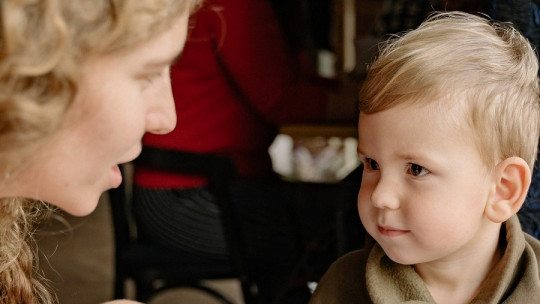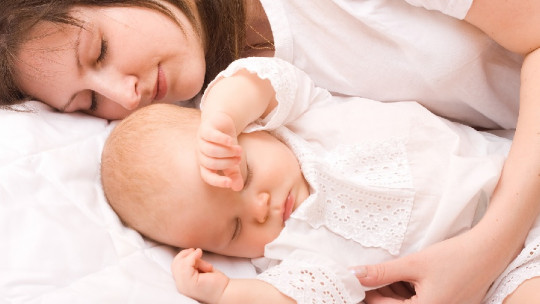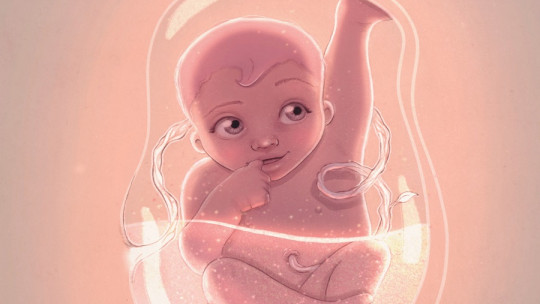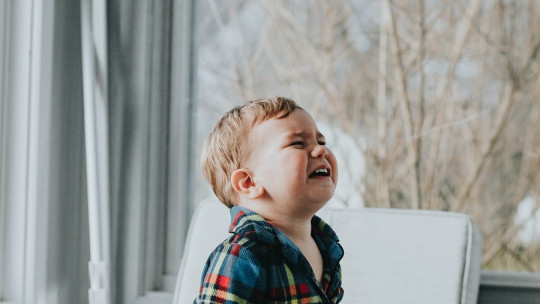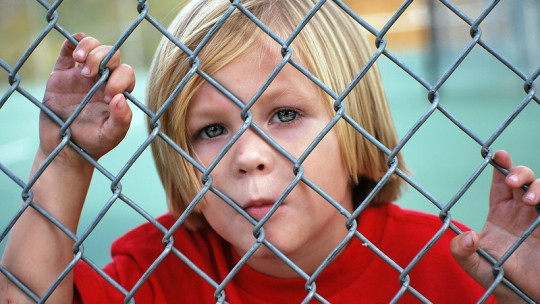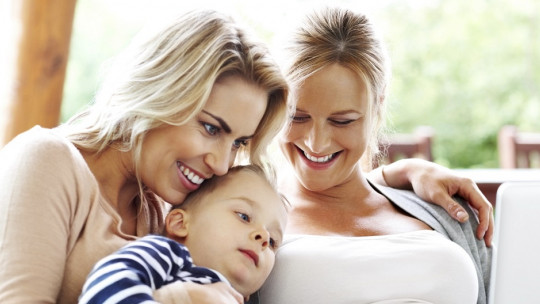
The best known distinction is heteroparental, homoparental and single-parent family depending on the biological sex of the parents.
In the heteroparental family, the parents are of different sex, that is, man and woman.
In the same-sex family, the parents are made up of a same-sex couple (whether two women or two men) and they have one or more children in common.
A single-parent family is one made up of a single father or a single mother with one or more children. Within this model, there are single mothers by choice, this form of chosen motherhood being relatively new and still quite unknown in our society, that is, a group of women voluntarily, sought, determined and desired, choose this path. of access to motherhood.
What is the psychological impact of these forms of family diversity?
The case of single-parent families
One study, conducted by researchers at the University of Amsterdam, found that there were no significant differences in children’s well-being and behavior or parental stress between hetero-parent and single-parent families.
The academics looked at 69 single mothers who had deliberately chosen to raise their children alone, and 59 mothers from heterosexual two-parent families with a child between 18 months and six years old.
The majority of women and single mothers by choice in the study were financially stable, had received higher education, were financially solvent, and had significant relationships with their partners in the past. Emotional balance and resolution capacity
“Children in both family models evolve and remain well in terms of well-being,” said researcher Mathilde Brewaeys in a study news release. “Single mothers by choice and their children benefit from a good social support network and this should be highlighted in the advice of women who wish to have and raise a child without a partner.
Previously, some studies have found that single-parent households reflected lower results due to stressors and coping factors that affected children without a father figure, which could have an unfavorable impact on their behavior. In these cases, differences such as teenage pregnancies could occur. , unintended pregnancies, low economic resources, lack of family support, among other factors.
With this, this latest research, presented in Geneva, shows that Children of single mothers are no more likely to show signs of behavioral disorders than their counterparts raised in traditional families. Children in families with single mothers by choice have the same outcome across the board as those in families with two heterosexual or homosexual parents.
Brewaeys added that the incorrect assumption that growing up without a father is bad for children is simply based on research on divorced families that have experienced conflict “Any negative influence on child development is most likely to depend more on a problematic relationship between parents and children and not on the absence of a father,” he said. “Single mothers by choice consciously make the decision to raise their children. alone.”
The case of homoparental families
A book from the American Academy of Pediatrics titled Technical Report: Coparent or Second-Parent Adoption by Same-Sex Parents (“Technical Report: Second-Time Parental Adoption by Same-Sex Parents”) notes that children who grow up with homosexual mothers or fathers, They have the same emotional, cognitive, social and sexual balance as children whose parents are heterosexual
There are those who point out that children of homosexual families have a greater risk of addiction and/or crime. In the research called Delinquency, victimization, and substance use among adolescents with female same-sex parents examined precisely this approach, and the results indicated that the adolescent children showed positive results in emotional and cognitive development. These factors were not related to the family model.
Adolescents who showed a closer relationship with their parents showed less criminal behavior and low or no substance consumption, which indicates that the quality of adolescents’ relationships with parents are the indicators that predict objective and precise results in emotional development and this is not the model of family in which they live.
Conclusion
Although the methodological challenges are enormous to address phenomena as complex and multifactorial as the results of the long-term psychosocial development of children, the literature gathered from decades and research, as a whole, offers solid guarantees of reliability and validity on the well-being of children raised by parents of the same sex or a single parent.
Once again we find scientific evidence, from empirical results, allowing us understand, get closer and be able to unite more from diversity Just as Newton said “unity is variety, and variety in unity is the supreme law of the universe.”
I hope that this article allows us to be even more aware of this reality, today’s society is characterized by the power of choice, providing great wealth, from the values and security that comes with knowing that a family is being created (without labels). from fair and sincere principles, from not stigmatizing or labeling, since the latter is based on ignorance and prejudices. But we do continue, from an understanding of the true meaning of family, to unite more, starting from the differences, from what we share, which makes us equal and different, unique and valuable, from the commitment and consensus for emotional and cognitive development, balancing children, from the basic but simple principle of love that is what unites and characterizes every family, regardless of the model or name that accompanies this term, and not from the conflict that separates it.
“There is no such thing as ‘a broken family’. Family is family and is not determined by marriage certificates, divorce papers, and adoption papers. Families are made in the heart”; C. JoyBell C.

